Women To Watch In 2019: Part One – The Designers
March 8, 2019 by cassn
Without leaps of imagination, or dreaming, we lose the excitement of possibilities. Dreaming, after all, is a form of planning — Gloria Steinem
Tabletop gaming is a hobby of the imagination. We are the dreamers, the sculptors, the painters, the artists, and the players of the many worlds we conjure inside our minds. Designers, writers, creators - these people push the boundaries within our industry and expand our many universes. At, at the same time, others reach out to welcome and include more people into our community of play - this joyous hobby - by continually asking the question: how can we be better?
Standing at the forefront of these progressive leaps forward are the women of the gaming community. There are no clear statistics on the gender divide tabletop gaming, but anecdotal evidence will tell you that women remain a minority in the industry (although, as we will see, that statistic is rapidly changing).
Despite this, those women who do choose to engage in the hobby are far from passive. Instead, their passion, dedication, innovation, and creation are transforming this industry, driving it into an inclusive, adaptative, and better gaming experience for us all.
Here at OnTabletop we wanted to use International Women’s Day to launch a weekend showcasing Women to Watch in gaming for 2019. Over the next three days, we will pay tribute to those in our industry who are changing the face of modern day gaming, asking them why they got into the hobby, how they are transforming their field, and what still needs to be done to make gaming a haven for everyone.
Part One: The Designers
Annie Norman, Founder, Bad Squiddo Games
I run Bad Squiddo Games, a company that manufactures 28mm scale female miniatures from a range of historical eras as well as fantasy and sci-fi. We also have a growing side range of unusual critters, and lately, some of them have been getting armed! I live in the lead belt with my assortment of squeaky rodents and spend any small amount of free time shouting “no way!” and “oh, cooool” around museums.
How do you feel about the current representation of women in tabletop gaming?
Everything is steadily getting better. Women have been involved in this industry from the very start, it’s just so often behind the scenes, which is one of the reasons I push my face around everywhere, I feel the visibility is important. One of the major frustrations of trying to “get out there”, however, is that quite often the focus is on the fact you are a woman, and not the actual work that you do. Almost like a sort of novelty.
What made you decide to found your Believable Female Miniatures Project?
Necessity perhaps? A simple search for some realistic style shieldmaiden minis somehow ended up with me founding Bad Squiddo Games! It really hit home, when I started playing historical wargames, just how little choice there was with the female miniatures available. I discovered that female options were either non-existent, or overtly sexualised. Bad Squiddo has always been about providing more choice rather than forcing anything, so now we’re really proud to be responsible for easier access to female miniatures in believable gear.
Where do you feel many sculptors fail at representing the female form?
It sounds cliched but the boobs are often inaccurate on the minis. I’m not talking about size, it’s more often the shape. Quite often you see this bolted on spheres, and there’s usually an Annie somewhere going “boobs don’t work like that!” They’re wobbly and squidgy, and vary totally depending on the pose. One of my favourite sculptors of women is Kev White, and I feel he has it totally spot on. I attended one of his sculpting classes and he taught to work from hard to soft when sculpting – so bone, muscle, and then fat. It really shows in his work.
Janna Ullrich, Board Game Designer, Quantified
Janna Ullrich is an Amsterdam-based designer, developing tools to make complex political subjects accessible and comprehensible to a wide audience, comprising the conception and design of media like games, animations and online platforms. She was a stipend of the Stimuleringsfonds Talentontwikkeling, teaches at different art academies and is currently developing a cooperative board game about algorithmic citizenship with Berlin-based publisher Quality Beast.
www.jannaullrich.de
Quantified is a political board game which addresses themes of totalitarian politics, inequality, refugee rights, and surveillance culture - key issues in our society today. Why choose to create a board game surrounding these issues?
Mass quantification and Big Data, like any technology, can be used for the ‘good’ or the ‘bad’ of society. We see the quantification of our behaviour in more and more areas of our life: whether it’s how much we work out, what we eat, what we like or who we date. It makes life more convenient, but it could also determine whether we have eaten healthy enough to get a discount on our health insurance premium.
Quantified illustrates how surveillance laws can render human rights conditional to what an algorithm classifies as ‘good’ behaviour and how this affects our right to movement, work and communication in everyday life. Players produce physical personal data traces and get more agency in sharing or obfuscating their data.
I believe that this active decision-making within the system of a board game, compared to the passive consumption of information, makes for a different form of awareness. It helps make the abstract concept of Big Data and its possible long-term consequences easier to grasp.
Have you found any resistance to creating such a politically charged game?
On the contrary. In the early stages of the game I got granted an artistic development fund by the Dutch Stimuleringsfonds to hold design sessions with experts in privacy law, information technology, human rights, political communication, game development and design for one year.
Since then Quantified has become the brainchild of many experts who have enthusiastically contributed to its research and design. The Dutch game community has been extraordinarily supportive and helped me find my way into the world of game design. Game designer Stefan Brakman, and game editors Roman Rybiczka and Ron Huising supported me in the early design.
Last year I signed Quantified with publisher Quality Beast and became part of an amazing team that has let me grow as a designer, human and panda (the company’s mascot is an endangered red panda). Since then we’ve been designing the game as one big brain. And the reception has been outstanding so far! We’re very thankful for the many content creators who have covered Quantified in their podcasts, newsletters, and social media accounts, boosting its visibility.
Next to enthusiasm we’ve also luckily faced and asked for critique from experienced gamers. Constructive feedback is incredibly important and helpful. We’re aware that a game that wants to make a complex system accessible for an audience that is not necessarily familiar with the theme will very often face shortcomings in representing the complexity and diversity of its topics. Quantified gives you –one– perspective on the quantification of our lives. There are and should be many more.
To me it’s fascinating that Quantified is perceived as a politically charged game, while many war-themed and colonialism-themed games are not. I see all design as political. And this awareness is growing in the community and I love seeing that.
What developments would you like to see to promote inclusion within gaming?
I love to see diversity and quirkiness in theme. Games are a powerful tool to show us different perspectives on our everyday lives. I was very impressed by This War of Mine and The Grizzled, which give us another, less glorified, more realistic perspective on war. Involving knowledge from different experts and cultures in your game design makes for more unique, inclusive and authentic games. Indie publishers show us that there is so much to discover, in the smallest, mundane themes, in game mechanics and rules, and in the art style and components.
Sophie Williams, Founder, Needy Cat Games
Sophie is one half of Nottingham-based indie tabletop studio Needy Cat Games. She was co-designer of Hellboy: The Board Game, lead designer on Ancient Grudges: Bonefields and is working on several other projects including Newbury & Hobbes: The Curse of Menamhotep. When she isn't writing rules, making prototype games or struggling under a mountain of tokens and chits, she organises industry networking events and provides business support to a number of Nottingham-based games companies.
As a writer and games designer, how important do you think female representation is in gaming, both in-game and behind the scenes?
I like it, I think it's good. Tough one to answer really because ultimately - this is like asking a fish how they feel about water? It is absolutely essential for our industry to include representations of women, if we want the industry to be inclusive of women.
What makes a good female character for games?
I can't tell you, because the answer is "what makes a good character?". I can maybe have a go at telling you what doesn't make a good character? The Smurfette Principle is an interesting read for those who've not heard it before, I'll summarise it badly!
There's a group of male Smurfs who each have an interesting aspect to the character, and then there's Smurfette who is A GIRL. That's literally her archetype; she's not brainy, or sporty, or wise, she's FEMALE. This is still a thing most Hollywood movies do and a lot of TV Shows, and a lot of comics and a lot of games. You can Google 'Smurfette Principle' and find hundreds of examples.
If you want to make interesting women characters, don't do that. Just make interesting characters! When the Alien screenplay was written, no genders were assigned - just a surname. Ripley was never envisioned as a woman. She is an interesting character who just happened to be a woman. So I dunno... maybe try to do that?
Do you ever feel like it’s harder to be heard as a woman in the industry?
Yes at present it most definitely is. It's getting easier all the time and there's some amazing work being done by both the community and game publishers to improve representation. Not just of women but individuals from a myriad of other under-represented groups. However, women's visibility is still sidelined.
One such example is that I regularly get left out of descriptions for YouTube videos when both myself and my partner are there, physically present next to one another on the screen. That's becoming a particular bugbear of mine. It's not like I'm not obviously there. It is incredibly common for women to be left out of descriptions and listings of writers if they design as part of a duo with a man.
There's a potential for people to take away a message that the only reason we are given a platform is because of our 'other' status. Not that we have achieved anything in our own right. It also puts enormous pressure on us to represent the whole of our gender in the industry. I often feel I can't simply be a games designer and that be enough. The pressure can be overwhelming and I know many women in this industry who panic endlessly about the backlash they may receive from saying anything too controversial. It may not be a thing that anyone has specifically told us, or given us, but we carry it all the same.
What has been your favourite moment working in the industry so far?
Someone stopped me when I was walking around Salute last year and recognised me. They asked about Hellboy: The Board Game and told me they were super excited to see it released. They then tweeted about how nice it was to meet me. It was an amazing experience. Someone recognised me, asked me about the game I was working on and we had an excited chat about it. It was as if I'd finally been recognised for me, not just the guy standing next to me, or the shirt I was wearing. It made my day!
Tomorrow, Part Two: The Artists!
"Games are a powerful tool to show us different perspectives on our everyday lives."
Supported by (Turn Off)
Supported by (Turn Off)
"The Smurfette Principle is interesting, for those who've not heard it before..."
Supported by (Turn Off)





























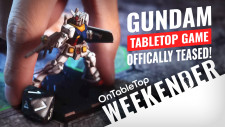


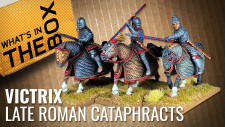
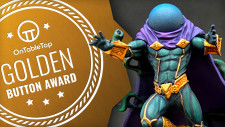
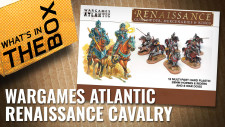
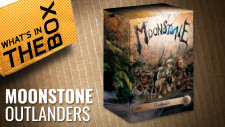
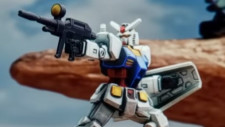




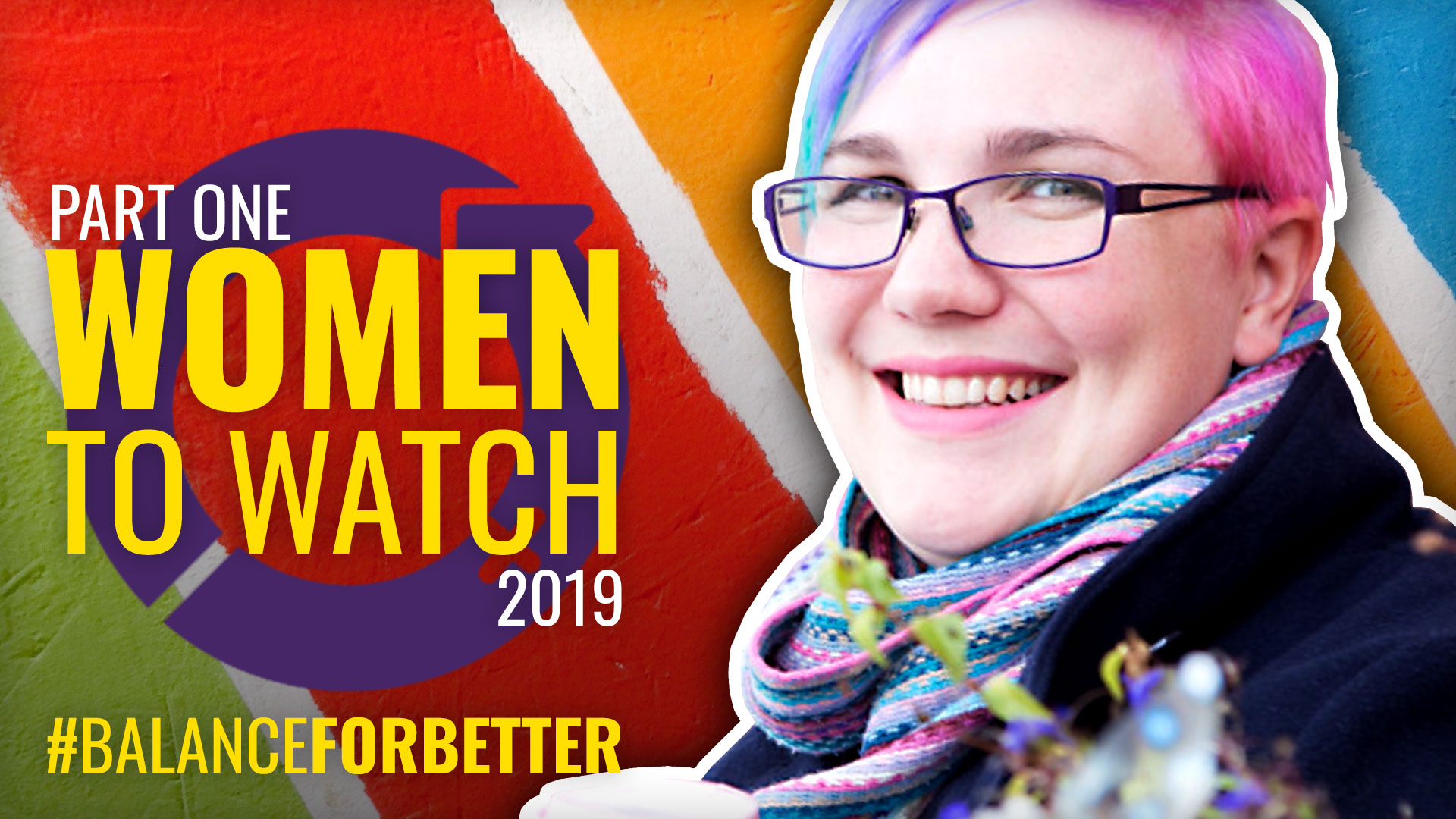
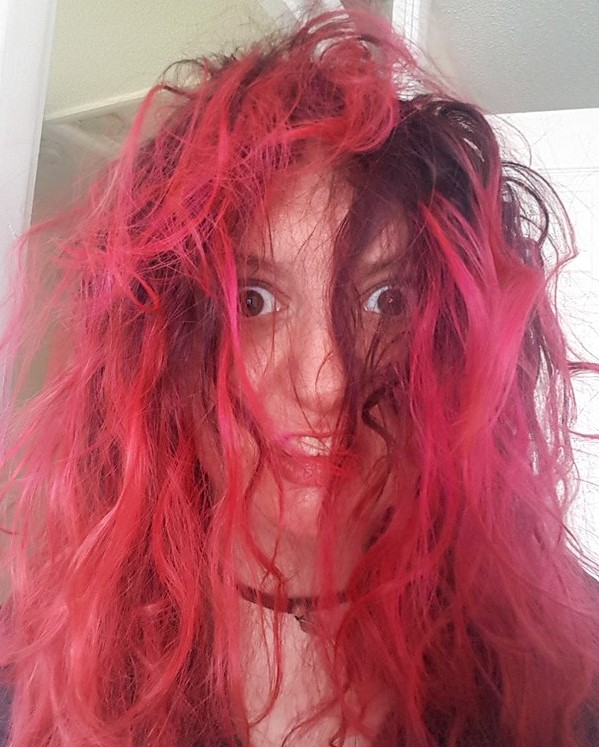
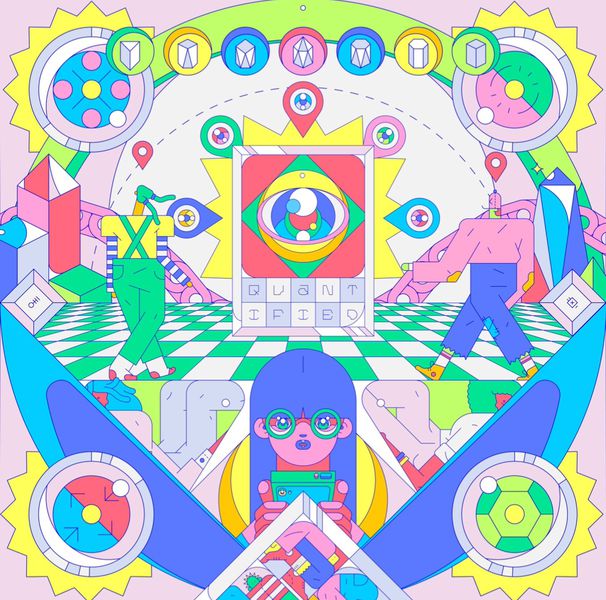
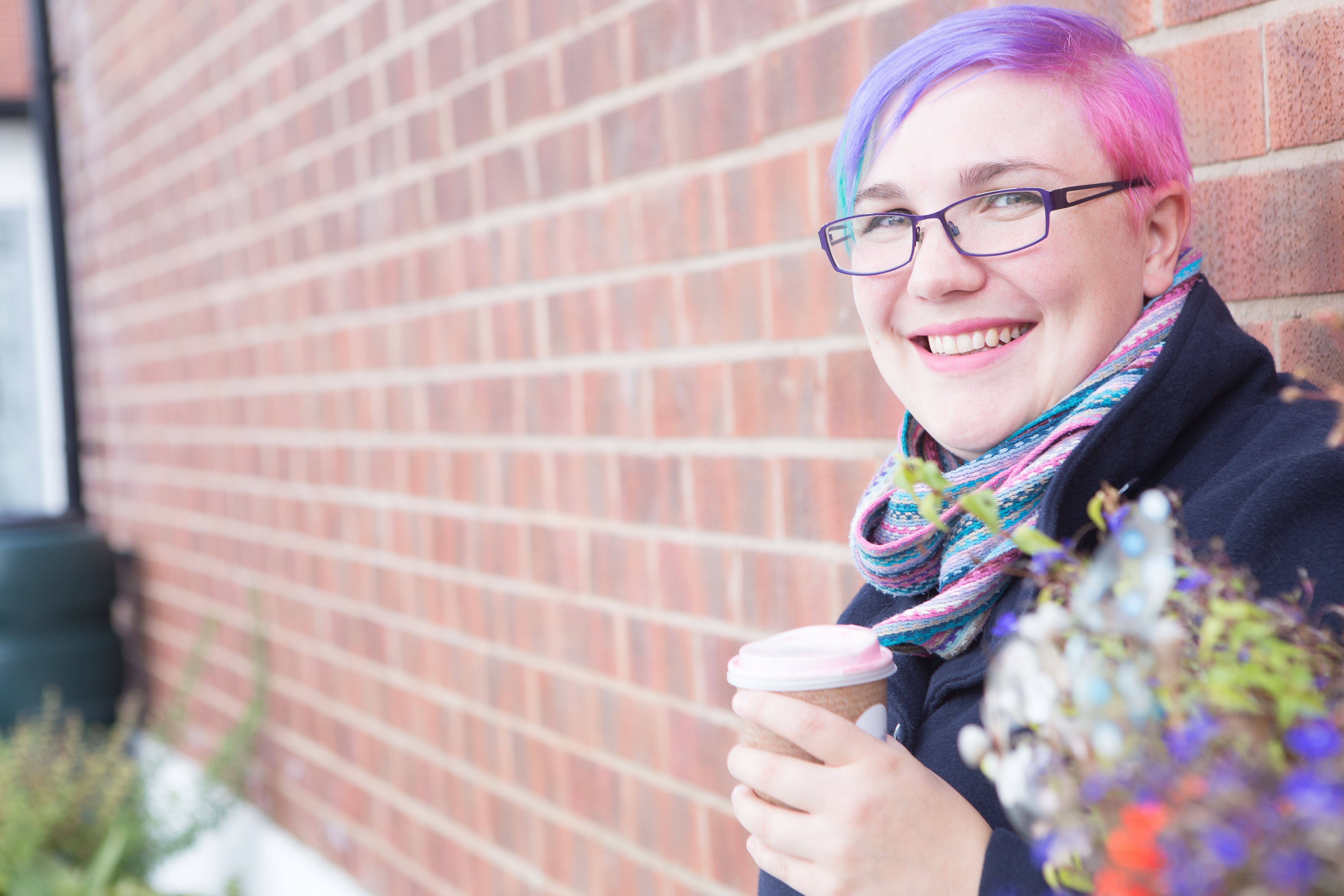











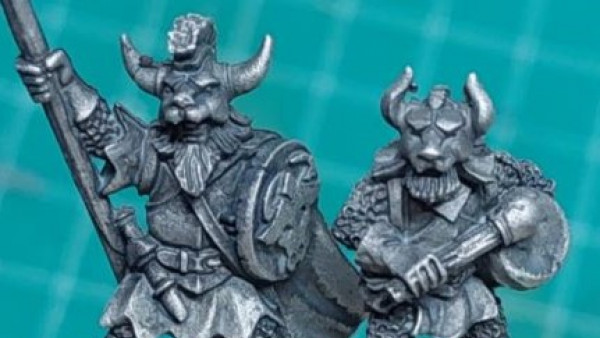
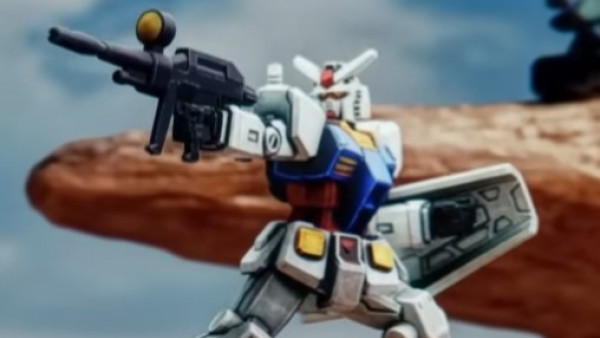
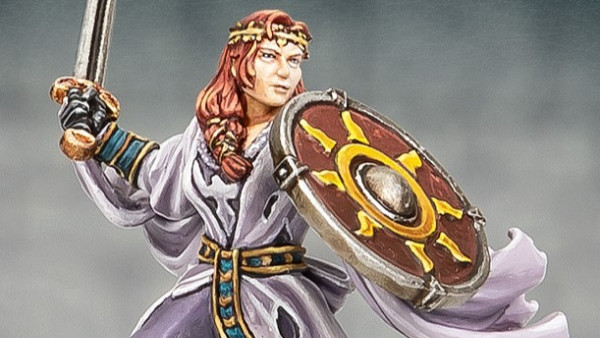
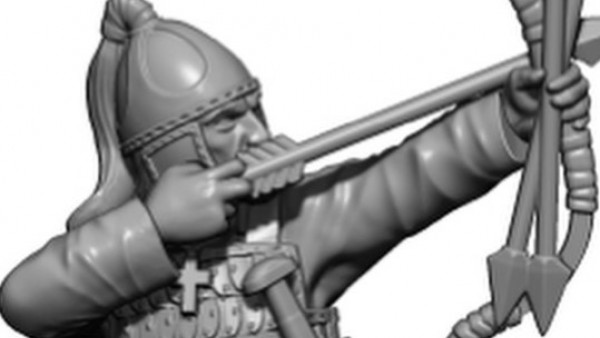
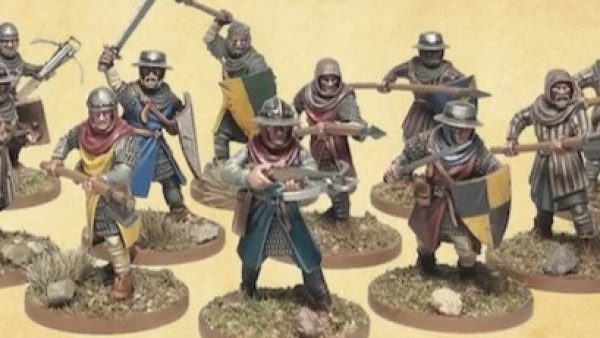
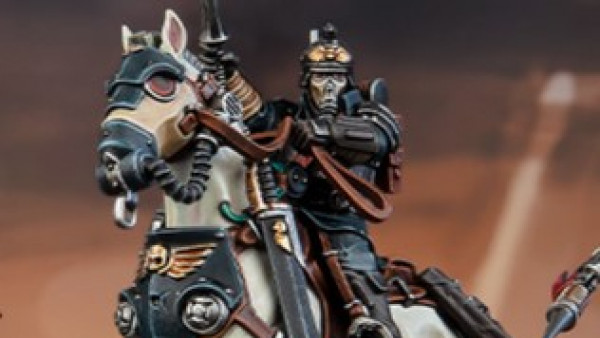
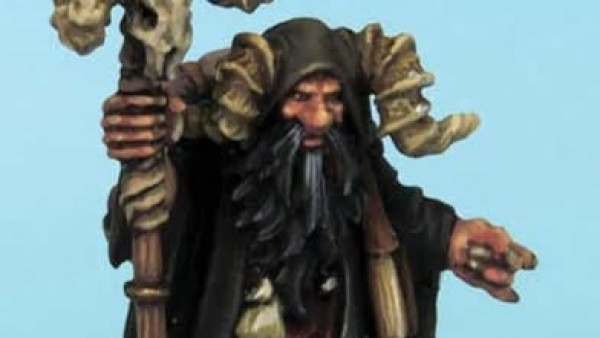
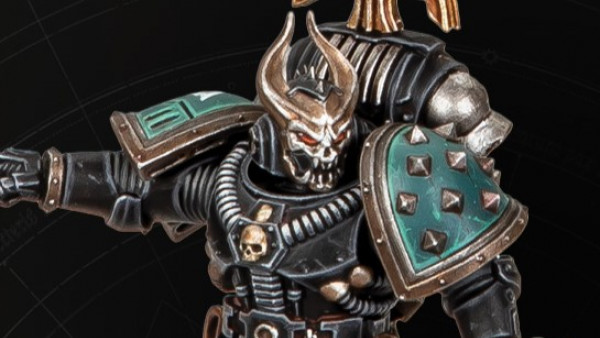
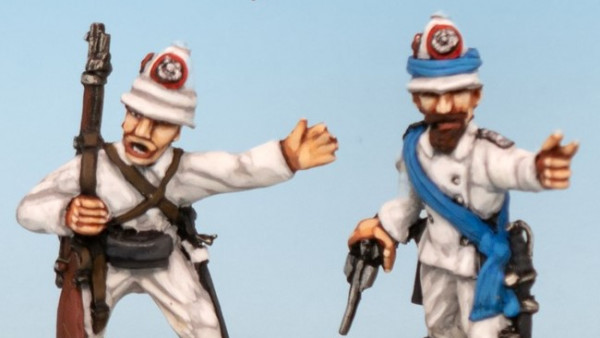
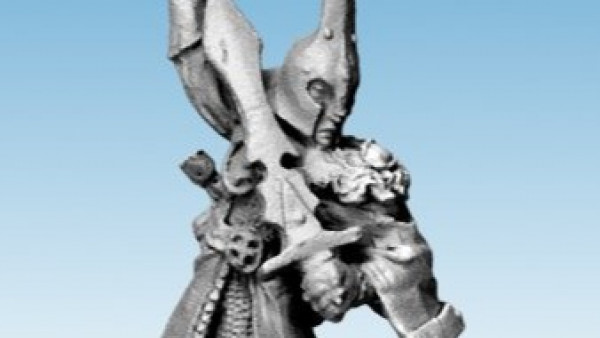
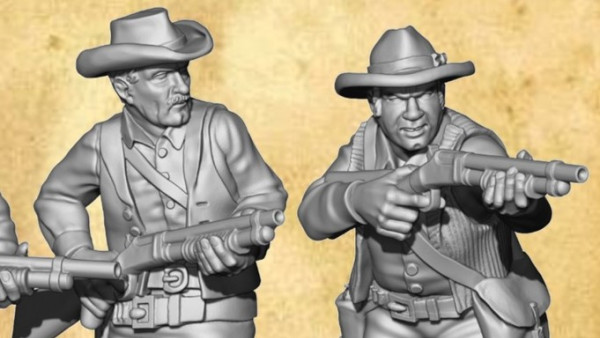
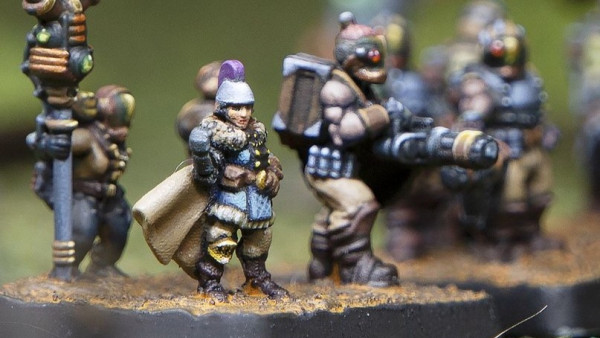
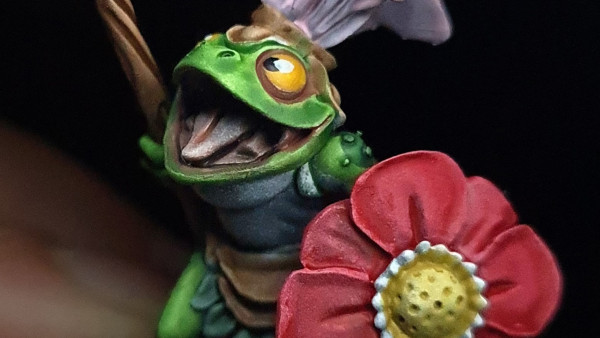
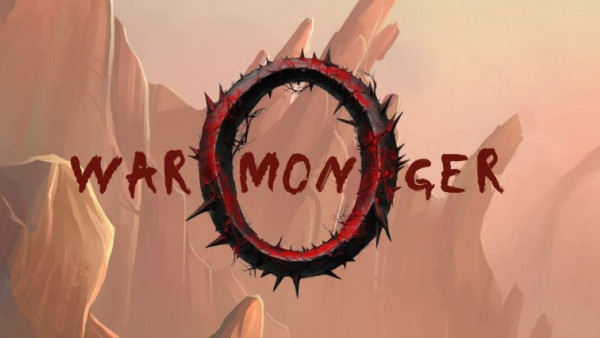
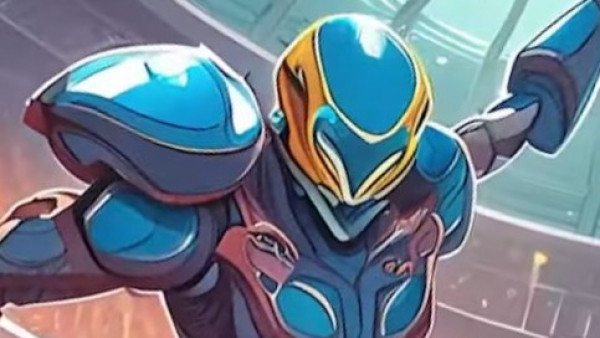
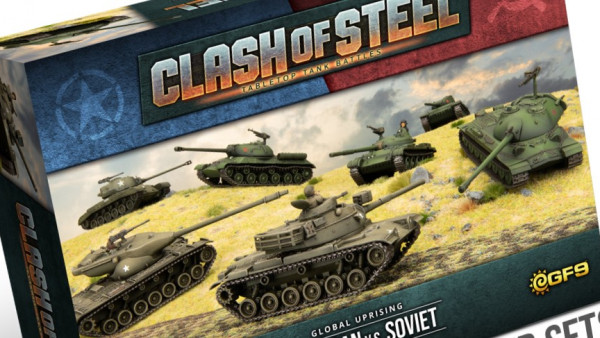
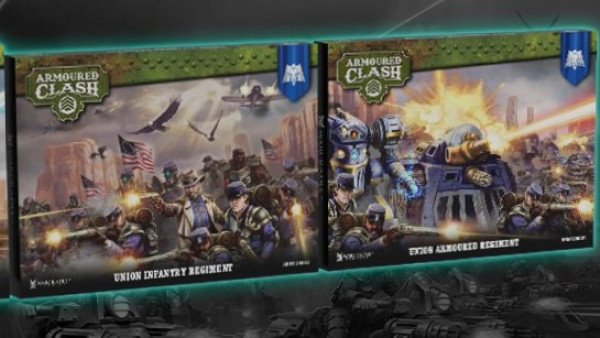
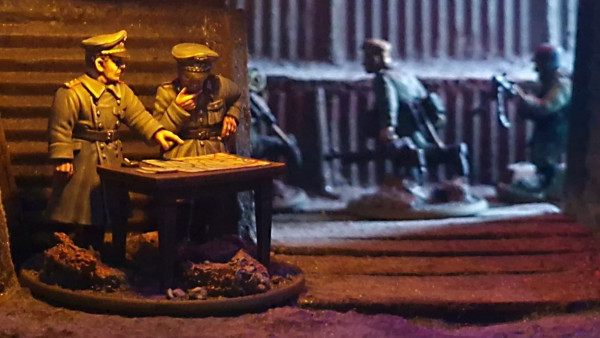
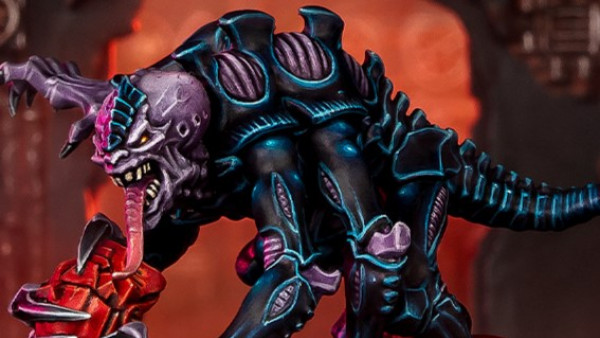
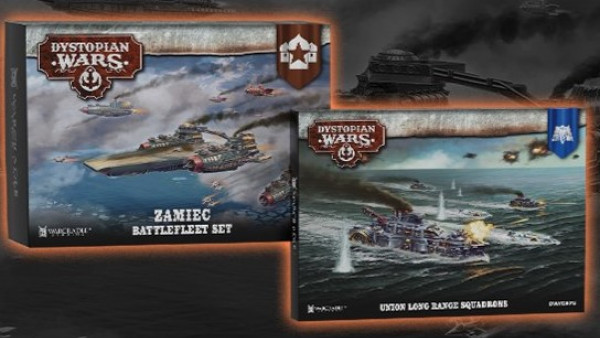
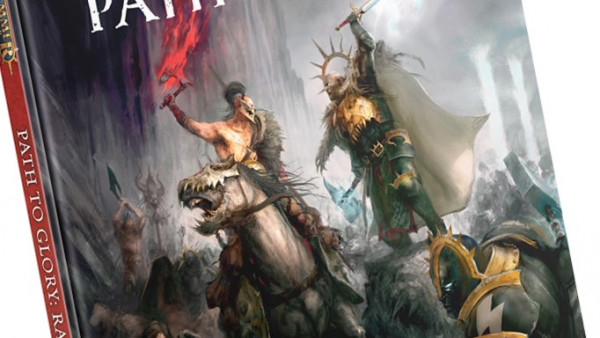


Great article. Really like the ‘interview’ format articles that the team has been putting together of late.
Bad Squiddo do great minis and Annie really has done a great job in getting good realistic female models into the market place and also into the minds of people. I absolutely agree with her about Kevin White, he is a great sculptor.
I talked to both Annie and Sophie at games shows last, lovely people and really enthusiastic about their work in the industry.
nice one girls an guys.
Annie looks better in glasses. 😀
Bad Squiddo Games has a IWD free shipping day promotion for any purchase over 15 pounds. Besides realistic female figures, they also have their line of critters, including their infamous Gunny Bunnies and Gun Peegs!
Don’t forget to write about Oathmark Games, with their Realistic Female Adventure lines, and Nikki Valens, one of the game designers of FFG’s Arkham Horror game series! Tiny Furniture is a one-woman miniatures store in Russia, featuring some very artistic terrain. : http://tiny-furniture.com/
Lovely article, nice to see OTT taking time out to bring the ladies to the fore front. I have enjoyed the article, and i am looking forward to reading the others.
Just had a thought….Let
s have a weekend and XLBS with just the ladies, maybe have it the next time Dawn and Gianna are over. So weed have Cass…Dawn and Gianna taking about there hobby time and interests, the only problem i see is whos gonna take Bens place.Now such people are strongly oppressed by society.
Like most beautiful ladies from Europe, pretty https://topforeignbrides.com/ girls love financial independence. Wonderful Latvian mail order wives prefer keeping their careers after tying the knot and giving birth to children. First, said ladies prefer having hobbies, interests, and work could grant them these options. Second, financial independence is important to amazing women from the said country. If you find a Latvian bride, she is most likely successful or on her way to achieving success.